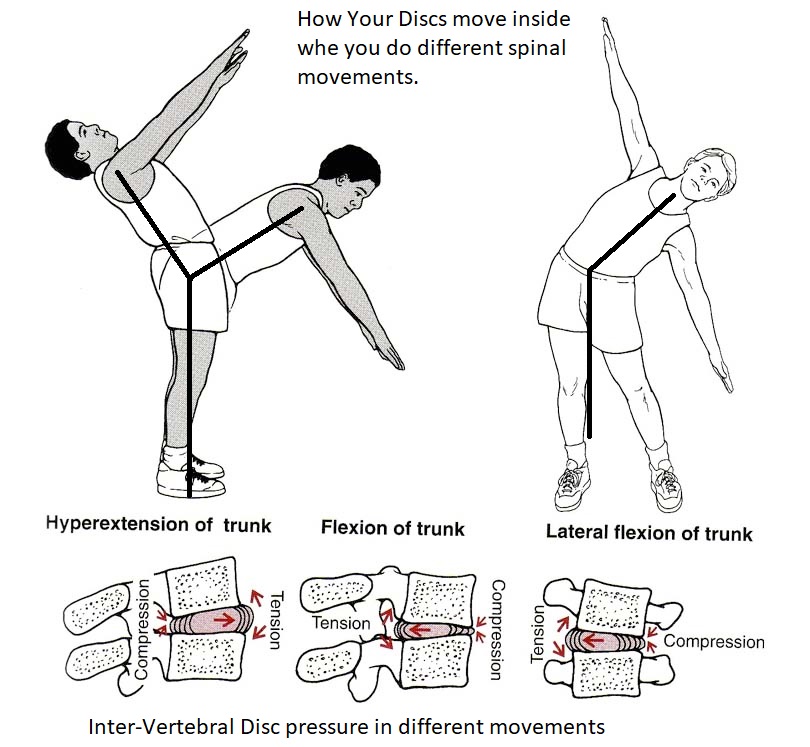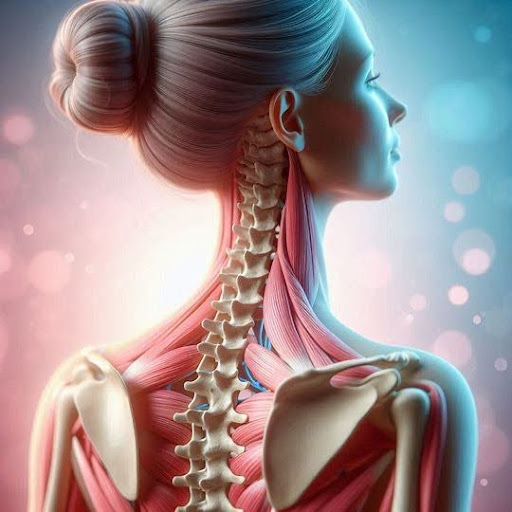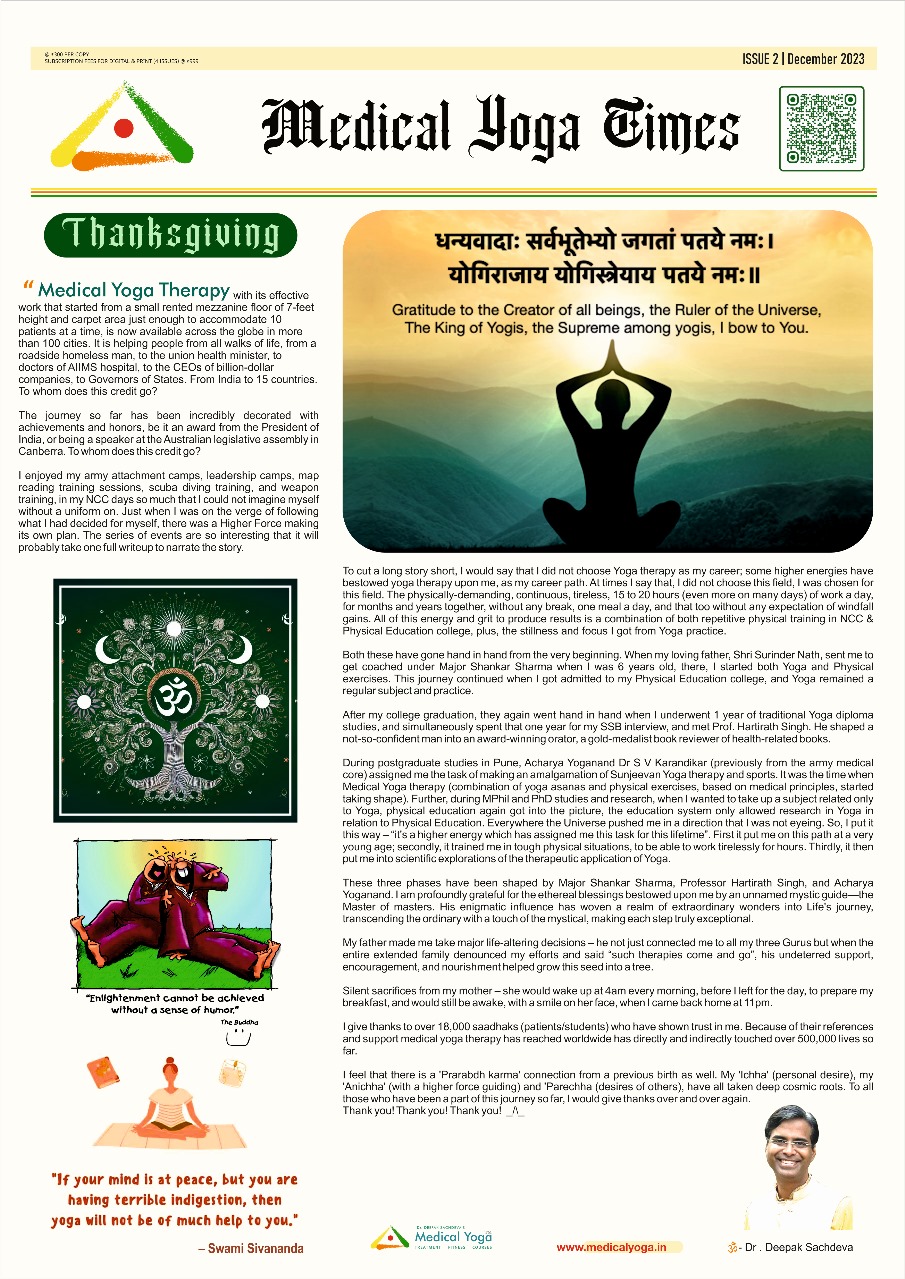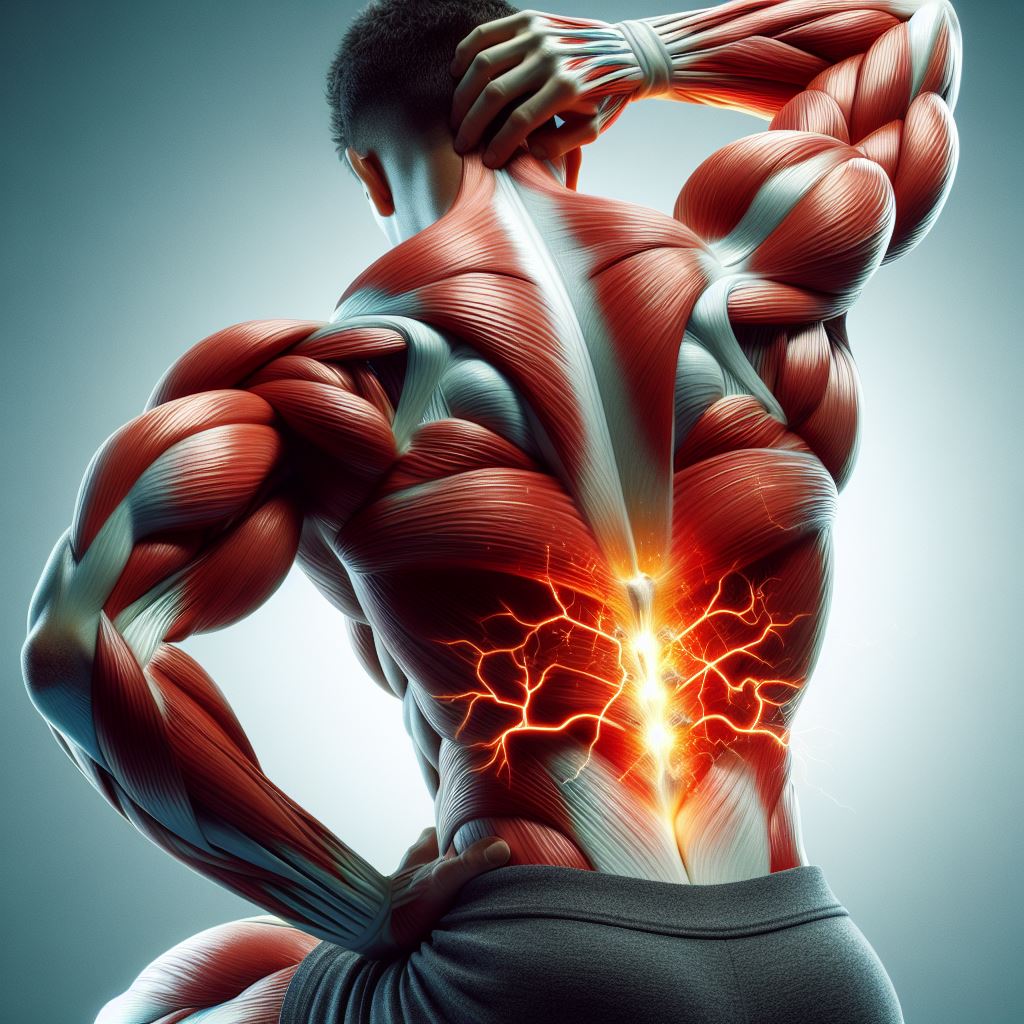specific food for muscles and joint care
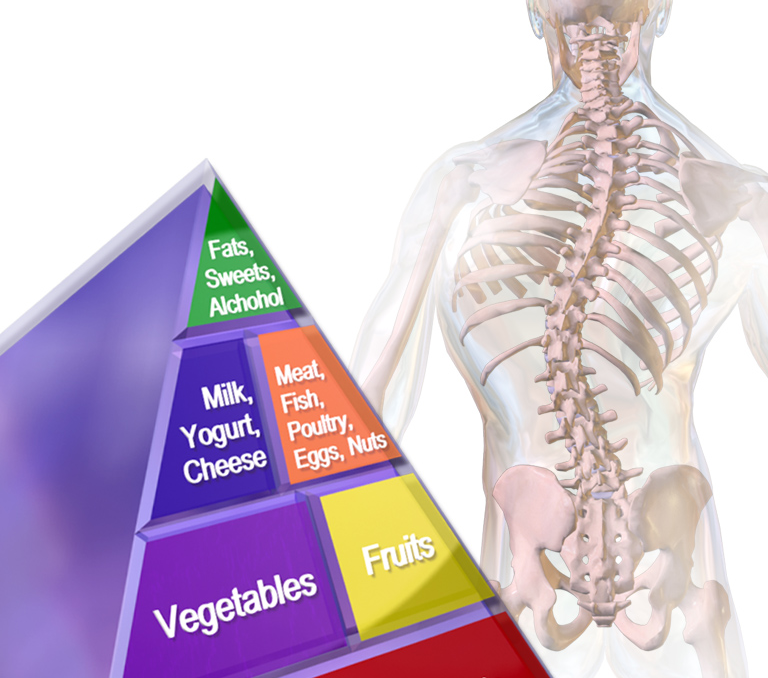
Ayurveda | Dietary Aspects & Specific Foods for Muscle and Joint Care
In Ayurveda, cramps and spasms are both considered types of abnormal muscular contractions, but they are distinguished based on their underlying causes and characteristics.
Cramps, known as Grahaani in Ayurveda, refers to a sudden and intense muscular contraction or spasm that causes pain and discomfort. Cramps often occur during physical activity or at rest and can affect various muscle groups, including the legs, abdomen, or hands. According to Ayurvedic principles, cramps are typically associated with an imbalance or aggravation of the Pitta dosha, which governs metabolism and digestion in the body. Common causes of cramps in Ayurveda include dehydration, electrolyte imbalances, excessive heat in the body, poor digestion, and Pitta-aggravating factors such as spicy or hot foods.
Treatment for cramps in Ayurveda aims to pacify the aggravatedPitta dosha and restore balance to the body's systems. This may involve dietary modifications to include cooling and hydrating foods, as well as the use of Pitta-pacifying herbs and formulations. Ayurvedic herbs and remedies that may be used to alleviate cramps include Aloe Vera juice, Shatavari, Guduchi, and Triphala (a combination of three fruits).
While both spasm and cramp involve involuntary muscular contractions, their underlying causes and treatments in Ayurveda may differ based on the doshic imbalance involved. It is important to consult an Ayurvedic practitioner for personalized recommendations and treatment approaches tailored to individual constitution and imbalances.
Spasms, known as Kampa in Ayurveda, is an involuntary contraction or twitching of muscles. It can occur suddenly and may involve a localized area or multiple muscle groups. According to Ayurvedic principles, spasm is often associated with an imbalance or aggravation of the Vata dosha, which governs movement and nervous system function in the body. Common causes of spasms in Ayurveda include excessive physical or mental stress, dehydration, fatigue, poor circulation, and Vata-aggravating factors such as cold weather or irregular lifestyle habits.
Treatment for spasm in Ayurveda typically involves balancing the Vata dosha through lifestyle modifications, dietary changes, herbal remedies, and therapies such as Abhyanga (Ayurvedic oil massage) or Shirodhara (a soothing oil-pouring therapy for the head). Ayurvedic herbs and formulations that may be used, under the guidance of your Ayurveda specialist, to alleviate spasms, include Ashwagandha, Brahmi, Jatamansi, and Dashamoola (a combination of ten roots).
Protein and Collagen are very essential for maintaining healthy joints. Collagen provides structural support and integrity to joint tissues, while protein supports muscle strength, tendon and ligament health, immune function, and the synthesis of joint proteins. Including adequate amounts of protein-rich foods and collagen-promoting nutrients in the diet can help support joint health and reduce the risk of joint-related issues such as pain, stiffness, and degeneration.
For vegans/vegetarians, obtaining an adequate intake of protein is important for overall health and well-being. While animal products are rich sources of protein, there are plenty of plant-based options available to fulfill protein requirements. Some excellent sources of protein, essential amino acids, and healthy fats, are legumes, soy products (first kindly get your thyroid gland checked for anomalies as soy products will affect your thyroid counts), quinoa, nuts and seeds, whole grains, legume-based pastas, and vegetables (some vegetables, such as broccoli, spinach, Brussels sprouts, and peas, contain notable amounts of protein and can be included in meals to boost protein content). It is important to consume a variety of protein sources to ensure you are obtaining all essential amino acids and other nutrients necessary for optimal health. Additionally, incorporating complementary plant-based foods that are rich in vitamins, minerals, and fibre will help ensure a well-rounded and balanced diet.
Collagen is a protein that is abundant in the human body, providing structure to the skin, bones, muscles, tendons, and ligaments. While the body naturally produces collagen, its production decreases with age, leading to signs of aging such as wrinkles and joint stiffness. Incorporating foods that support collagen production or provide collagen-building nutrients can help maintain skin elasticity, joint health, and overall well-being. Some natural sources for collagen and collagen-building nutrients are bone broth, natural/homemade gelatin, fish, eggs, berries and citrus fruits, leafy greens, avocado, soy products (suggestion: get your thyroid gland checked first). Incorporating these natural sources of collagen and collagen-building nutrients into your diet can help support healthy skin, joints, and overall vitality. Additionally, maintaining a balanced diet rich in fruits, vegetables, lean proteins, and healthy fats will provide essential nutrients for collagen synthesis and overall well-being
